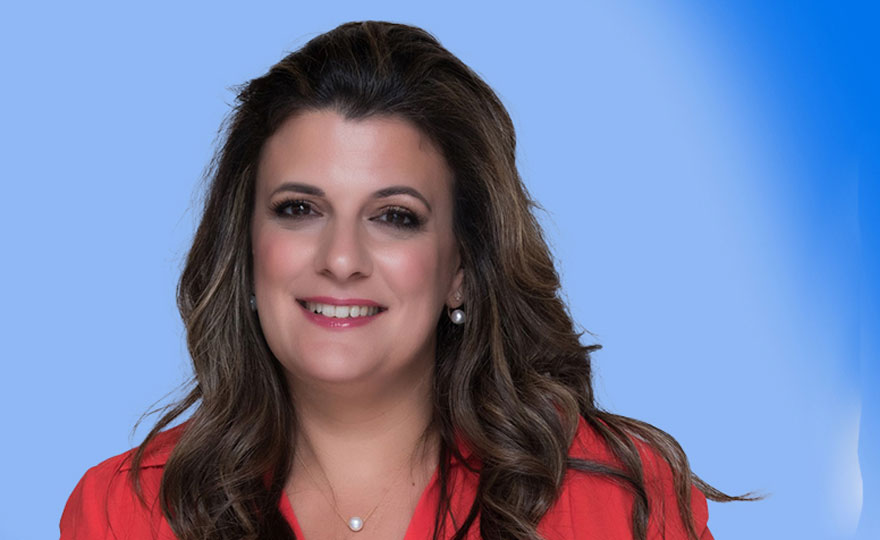
European short sea shipping needs support, says Elpi Petraki
LONDON : Short sea shipping in Europe needs policy support to encourage decarbonisation, enable fleet renewal, and shift cargo from road to sea.
Ahead of her appearance at CMA Shipping 2023 later in March, Ms. Elpi Petraki, President of WISTA International said the European short sea market faces many challenges and may not be able to overcome them without support.
Petraki said that decarbonisation is the number one challenge facing short sea shipping in Europe and the most expensive, which leads to hesitance in committing to new fuels and technologies.
“We fully support decarbonisation, but short sea companies are mostly small in size with a limited budget, so we do not have the resources to experiment. The big challenge is that to renew the fleet, you need to start moving at some point, but we don’t have the ability to build something that will not be of use in five years,” said Petraki.
Governments are becoming aware of the need to support the decarbonisation of short sea shipping and funds are gradually becoming available, said Petraki, for instance in the EU where decarbonisation support has previously focused on cars, trains and energy production.
One area where the industry seems to be leading regulators is in moving cargo volumes from land to sea, a change which can take large upfront investments but can lead to significant emissions and cost savings.
Petraki will take part in the panel session The Accountability Framework for Energy Transition at CMA Shipping 2023. Decarbonisation is a common responsibility across the industry, she said, but shipowners are often in the firing line.
“Owners want to decarbonize their fleets and transition to alternative fuels but the infrastructure to support this move currently doesn’t exist. We have a supply and demand issue, if you like,” said Petraki.
In short sea shipping, it is not always clear where a vessel under construction will operate, and so fuel and bunkering infrastructure for alternative fuels needs to spread in order to de-risk investments in vessels and make vessels with alternative fuels more versatile when it comes to deployment.
Petraki expressed her alarm at the rollout of LNG, an intermediate fuel in the decarbonisation process but one that has seen widespread adoption in recent years.
“In the Mediterranean bunkering stations for LNG were created very recently. This is a technology that has existed for so many years, and still if you have an LNG vessel, you could only bunker in Rotterdam and a couple of other places in the world. How is this feasible?”
Petraki’s current approach to decarbonisation is retrofitting of technologies to existing vessels in a bid to minimise emissions while researching the best designs for future vessels.
Petraki’s second appearance at CMA Shipping will be on the panel Changing Culture: A timely assessment of mechanisms of protection and prevention in the maritime industry, which will tackle the issue of harassment, bullying and sexual assault in the shipping industry.
“I think we are trying to change the culture and have started to look at how to address the behavioural change in shipping that is needed to prevent harassment and create safer working environments for all. In the past five years, we’ve seen that people are less afraid to talk about their experiences onboard, and while this may seem like a small step, it is in fact a huge step forward. Until recently, people were not talking about this, but we need to have these difficult conversations to understand the scale of the issue and bring about meaningful change,” said Petraki.
“Training is going to play an important role here but we also need to be made aware of our own biases. We have so many talented women and men out there, and it is about time that we give them equal opportunities to progress.”
Petraki believes that short sea shipping is an excellent place for female seafarers to start, as companies are often smaller and have a better knowledge of their crews. Smaller companies also have the opportunity to pay maybe closer attention to the structure and environment onboard to make everyone safe and motivated, she said.
Although there are no figures to back it up, Petraki believes there are more women in short sea shipping than long distance shipping, “but still, we should never forget that ladies on board vessels are less than 2% globally. There is a lot of work to be done.”

